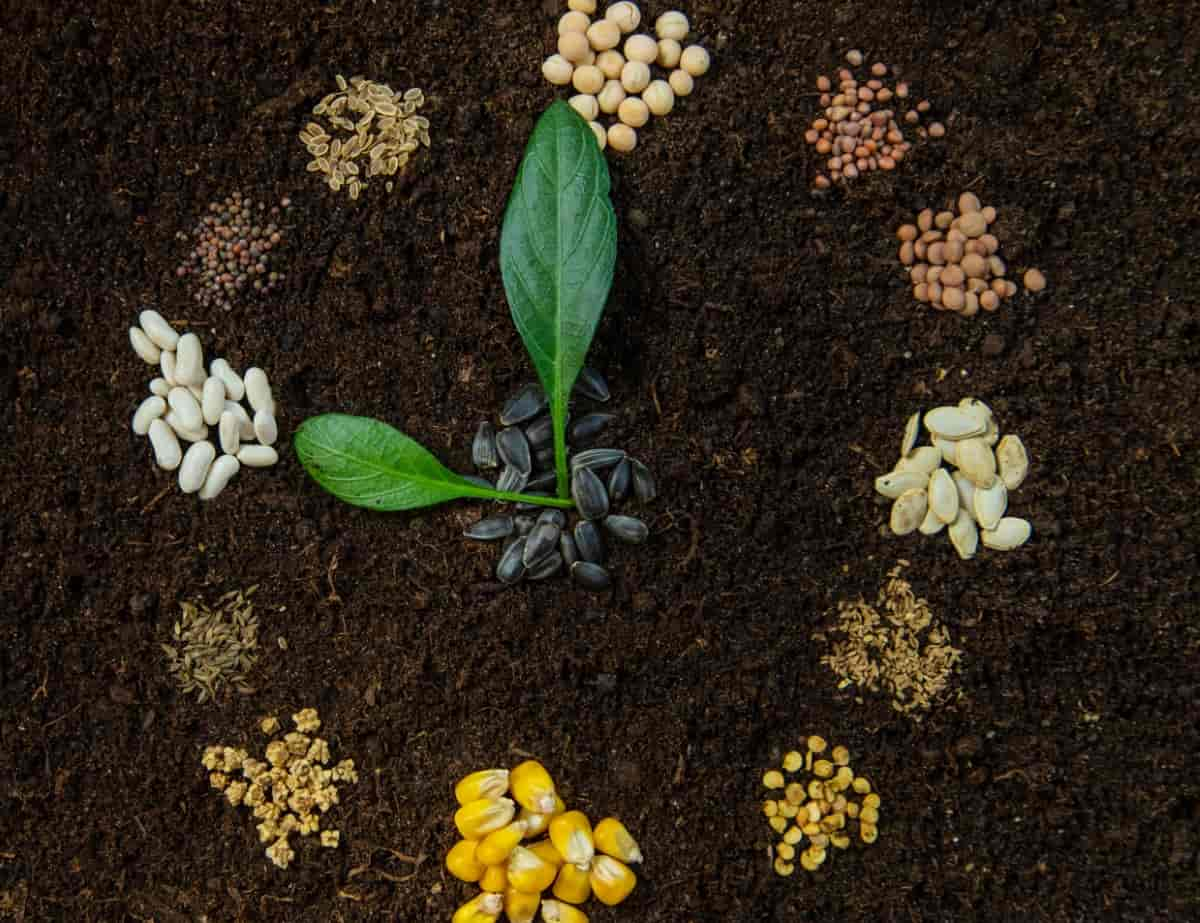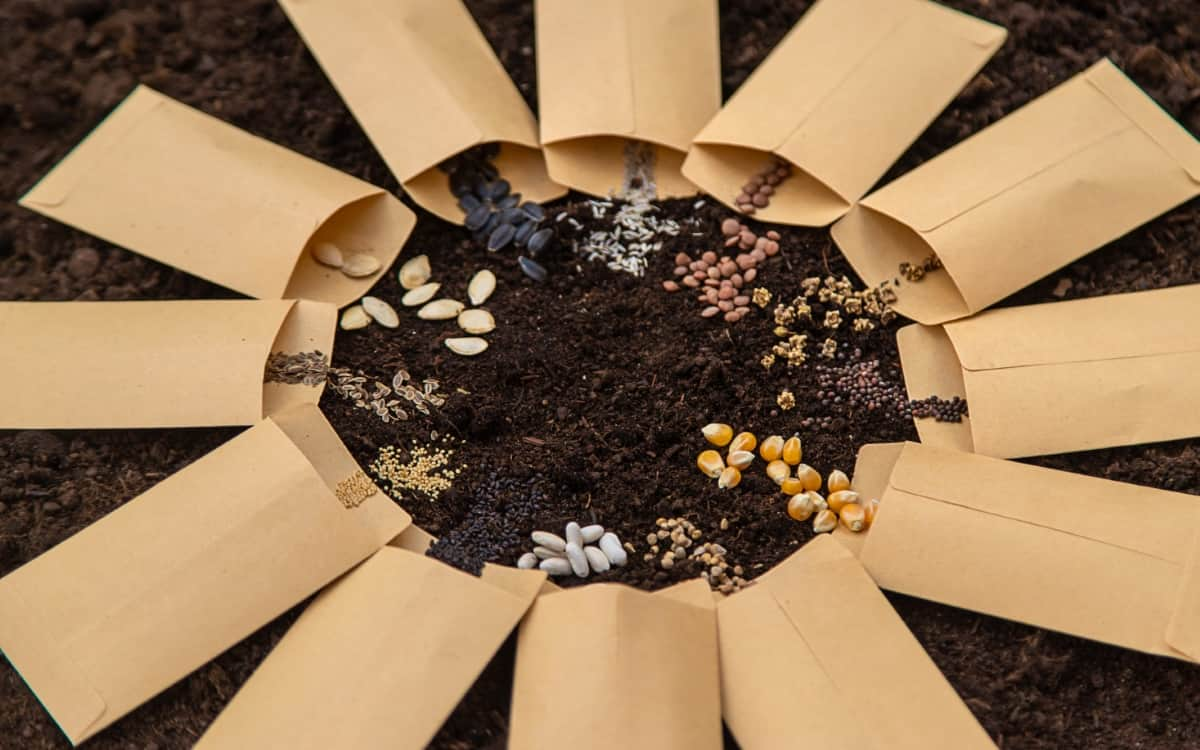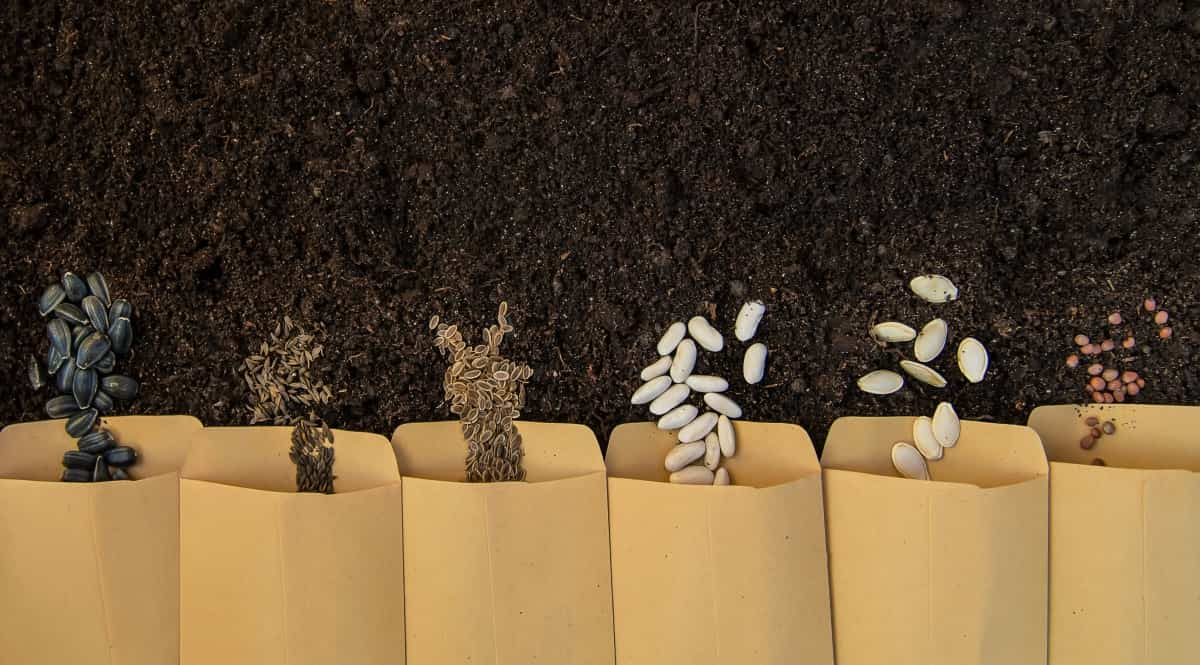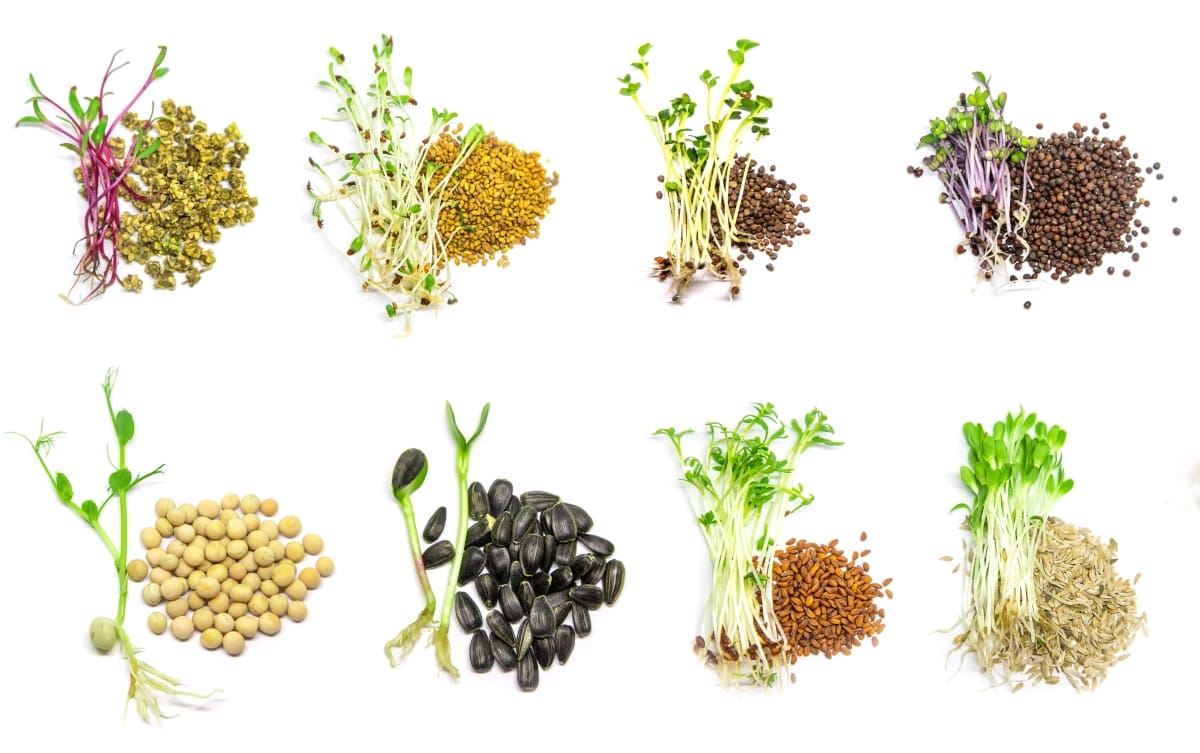Embarking on the journey of growing Vegetables can be exciting and rewarding for beginners. The key to a successful start is understanding how to select the best Vegetable seeds. This guide focuses on providing simple advice on choosing Vegetable seeds, highlighting the importance of knowing the varieties, distinguishing between organic and conventional seeds, understanding seed purity and germination rates, paying attention to packaging and storage, and finding a reputable seed source.

Vegetable Seed Buying
Know the Varieties of Vegetable Seeds before Buying
When you’re beginning your Vegetable gardening adventure, it’s essential to familiarize yourself with the different varieties of Vegetable seeds available. Each variety has its unique characteristics, flavors, and growth habits, making some better suited for beginners. Determining what is the best Vegetable to grow for beginners depends on your climate, space, and personal taste preferences.
There are numerous options, from cherry Vegetablees to beefsteak varieties, each offering a different experience. Consider the growing conditions and the intended use of the Vegetablees, whether for fresh salads, sauces, or canning, to make an informed decision that aligns with your gardening goals.
Organic vs. Conventional Vegetable Seeds
The choice between organic and conventional Vegetable seeds is a significant one for many gardeners. Organic seeds originate from plants cultivated without the use of synthetic pesticides or fertilizers, making them an attractive choice for individuals who prefer a more environmentally friendly gardening method.
Conventional seeds, on the other hand, might be treated with chemicals to enhance their growth or protect them from diseases. Each type has its benefits and drawbacks, and your preference might depend on your gardening philosophy or the specific needs of your garden. When considering how to pick the best Vegetable seeds, factor in your views on organic practices and how they align with your gardening objectives.
Know Seed Purity and Germination Rates of Vegetable Seeds
Understanding seed purity and germination rates is crucial when selecting Vegetable seeds. Seed purity pertains to the probability of seeds yielding the intended Vegetable variety, a critical factor for achieving desired outcomes in your gardening endeavors. Germination rate, meanwhile, indicates the percentage of seeds likely to sprout. High germination rates are a sign of healthy, viable seeds, giving you a better chance of a successful crop. When figuring out how to pick Vegetable seeds, checking these factors ensures you invest in quality seeds with a good chance of thriving in your garden.
In case you missed it: 8 Best Fertilizers to Increase Tomato Fruit Size, Yield, and Taste

Observe Vegetable Seed Packaging and Storage
The packaging and storage of Vegetable seeds are often overlooked but vital aspects of seed selection. Good packaging protects the seeds from moisture and light, both of which can affect their viability. When you pick Vegetable seeds, look for packaging that provides this protection and includes detailed information about the seeds, such as planting instructions and expiration dates.
Proper storage is equally important; seeds should be kept in cool, dry conditions to maintain their germination capacity. Seed quality is a pivotal factor to contemplate when determining the optimal approach for initiating Vegetable seed growth, as properly cared-for seeds have a higher probability of successful germination and growth.
Find Seed Source and Reputation of Vegetable Seeds
Lastly, the source and reputation of the Vegetable seeds are critical factors in your selection process. Reputable seed sources are more likely to provide high-quality, reliable seeds. Researching the seed company or seller can give you insights into their practices and the quality of their seeds.
Look for reviews or testimonials from other gardeners to gauge the reliability of the source. When considering the selection of optimal Vegetable seeds, opting for a reputable source can significantly impact the outcome, differentiating between a successful garden and a disappointing one.
Know Local Climate and Growing Conditions for Vegetable Seed Plantation
When choosing Vegetable seeds, it’s crucial to consider your local climate and growing conditions. Different Vegetable varieties thrive in various climates and soil types, so selecting seeds that are well-suited to your local environment is key. Take into account variables such as sunlight exposure, temperature fluctuations, and humidity levels, as they can exert a substantial influence on the development and production of your Vegetable plants.
In case you missed it: From Seed to Sprout: 10 Best Essential Tips for Seed Sowing

For beginners wondering about the best method for starting Vegetable seeds, understanding your local climate can guide you in preparing the soil, choosing the right planting time, and providing adequate care throughout the growing season.
Buy Disease Resistance Vegetable Seeds
Another important aspect to consider is buying disease-resistant Vegetable seeds. These seeds are bred to be less susceptible to common Vegetable diseases, such as blight, wilt, and rot. For beginners, opting for disease-resistant varieties can be a wise choice, as it reduces the need for extensive plant care and increases the chances of a healthy, abundant harvest. When exploring how to pick the best Vegetable seeds, look for labels or descriptions that indicate disease resistance. This feature can be particularly valuable if you’re gardening in an area prone to certain plant diseases.
Consider Vegetable Seed Cost and Value
The cost and value of Vegetable seeds are also important factors. Although opting for the most affordable choice may be tempting, it’s essential to assess the value you receive in return for your investment. High-quality seeds might cost more initially but can offer better germination rates, disease resistance, and overall plant health, leading to a more successful harvest.
In case you missed it: Cabbage Seed Starting: Best Practices for Germination and Cabbage Transplanting

When determining how to pick Vegetable seeds, balance the cost with the potential return in terms of yield and enjoyment. Remember, investing in good-quality seeds can be more cost-effective in the long run, especially for beginners looking to establish a thriving Vegetable garden.
Conclusion
Selecting the right Vegetable seeds is a critical step for any beginner gardener. By understanding the varieties, choosing between organic and conventional seeds, knowing about seed purity and germination rates, observing packaging and storage, finding a reputable seed source, considering local climate and growing conditions, opting for disease-resistant seeds, and weighing cost against value, you can make an informed decision. This guide aims to demystify the process, making it easier and more enjoyable for you to start your Vegetable-growing journey.
- Feed Your Flock for Less: Top 10 Tips to Save on Chicken Feed
- Ultimate Guide to Ossabaw Island Hog: Breeding, Raising, Diet, and Care
- Hatching Answers: The Top 10 Reasons Your Chickens Aren’t Laying Eggs
- Eggs and Economics: Breaking Down the Cost of Raising Backyard Chickens
- Defend Your Greens: Proven Methods to Keep Iguanas Out of Your Garden
- Ultimate Guide to Cinnamon Queen Chicken: A Comprehensive Guide for Beginners
- Ultimate Guide to California Tan Chicken: Breeding, Raising, Diet, Egg-Production and Care
- Ultimate Guide to Marsh Daisy Chicken: Breeding, Raising, Diet, and Care
- 10 Types of Chicken Farming Businesses You Can Start for Profits